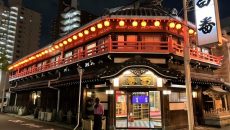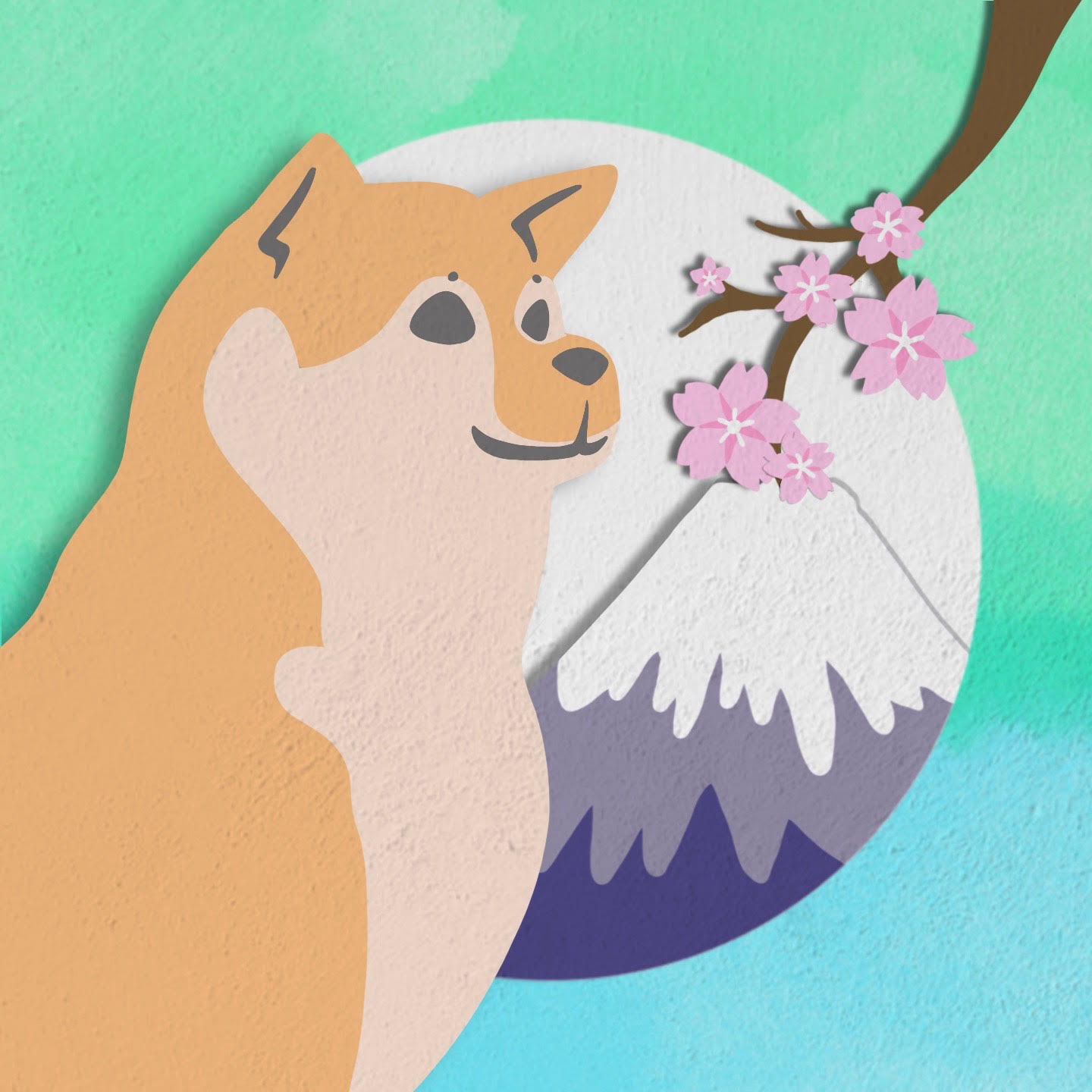Athletes in the 2020 Tokyo Olympic games will have access to 160,000 condoms that are to be distributed in the Olympic Village.
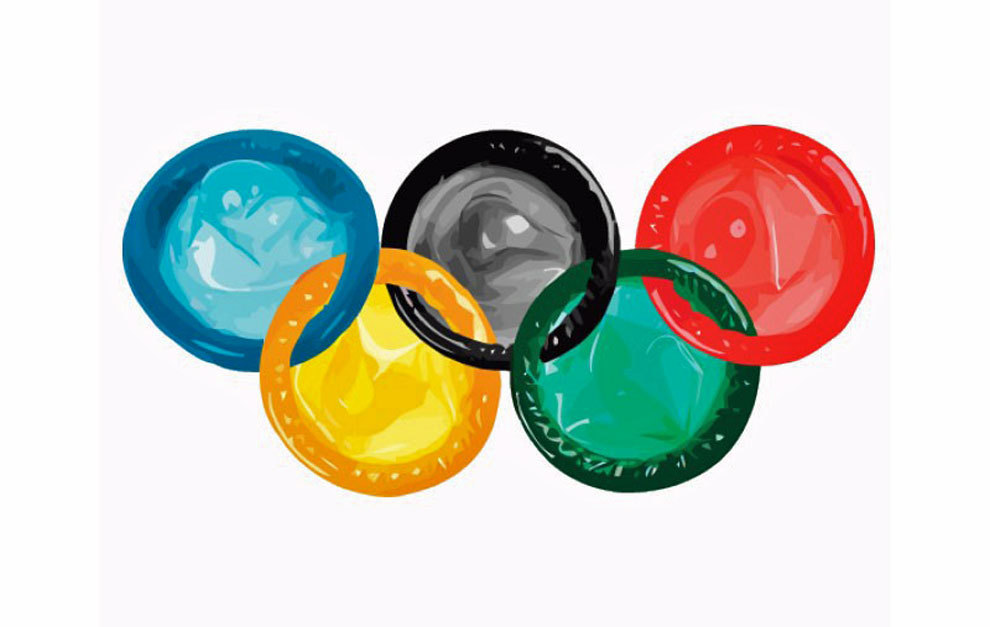
From a young age, Olympic athletes endure virtually non-stop intensive training, strict coaching, demanding diets, and the wrath of often overprotective and assertive parents to one day be a member of the few who are awarded gold medals at the world’s highest level of competition.
Athletes who earn the chance to participate in the Olympic games stay in luxury dormitory-like housing called Olympic villages wherever the competitions are held. Within the Olympic villages, athletes usually have access to necessities like a bank, post office, salons, and of course, a giant cafeteria to fulfill their almost 10,000 calorie-a-day diets.
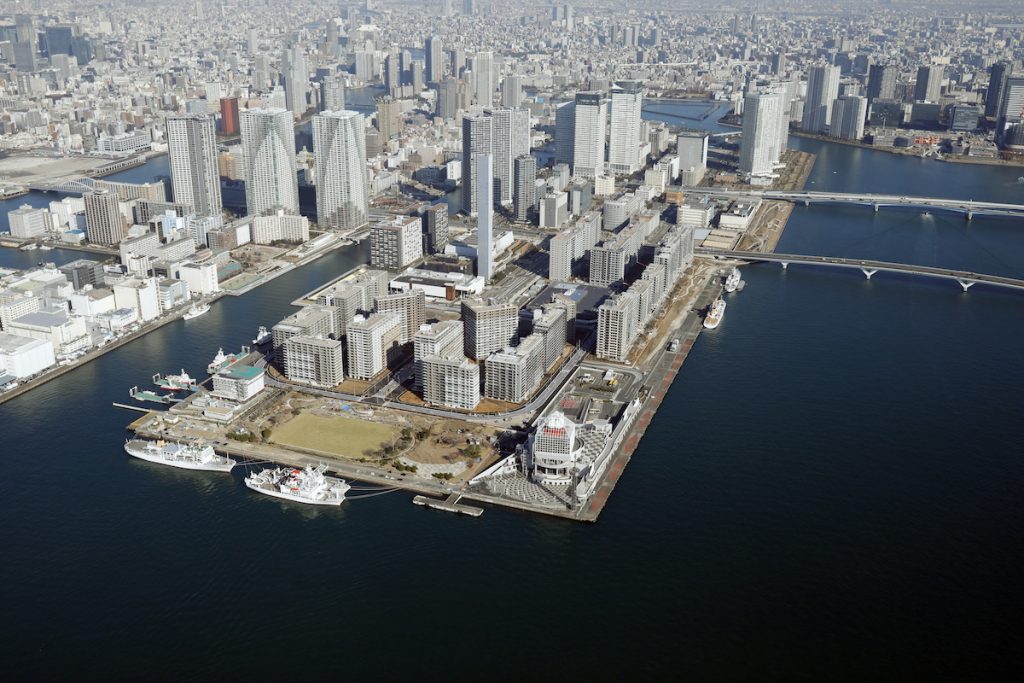
Image sourced from Asia Times.
Further, athletes can “let loose” a bit as there are no reporters allowed. The Olympic village serves as a place where athletes can eat, rest, and socialize after long days of training leading up to the competitions.
So what do young, healthy, peak performing athletes do when they’re not training and living in a luxury dormitory surrounded by other young, healthy, peak performing athletes from around the world?
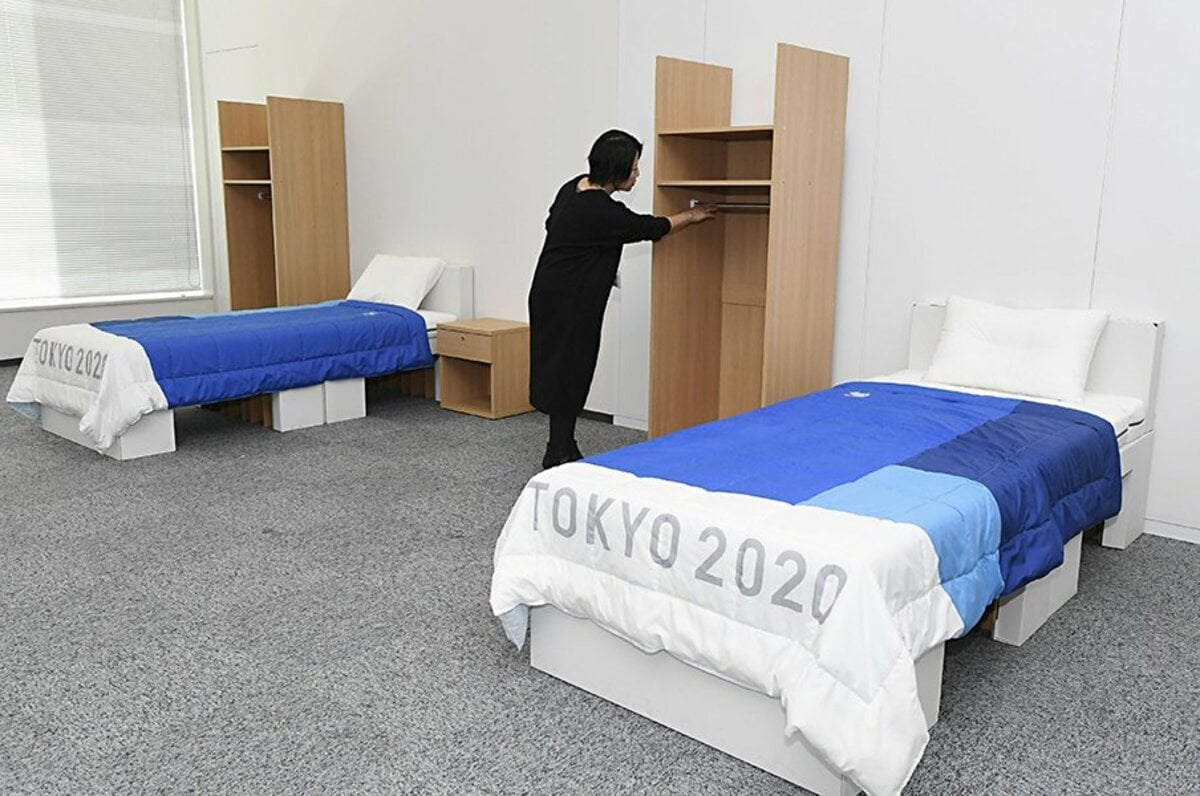
Image sourced from Bunshun.jp
Well, without getting too specific, it was recently announced that a total of 160,000 condoms would be distributed to the 11,000 athletes who will stay in the Olympic Village during the upcoming 2020(1) Tokyo Olympics. Four Japanese condom manufacturers are set to provide 40,000 condoms each.
Condoms were distributed within an Olympic Village for the first time back in the 1988 Seoul Olympics in order to prevent the spread of HIV and other sexually transmitted diseases. At the 2000 Sydney Olympics, the 70,000 condoms distributed for the 10,000 athletes wasn’t enough, and 20,000 more were ordered. Since Olympic Villages have usually distributed around 100,000 condoms during competitions.
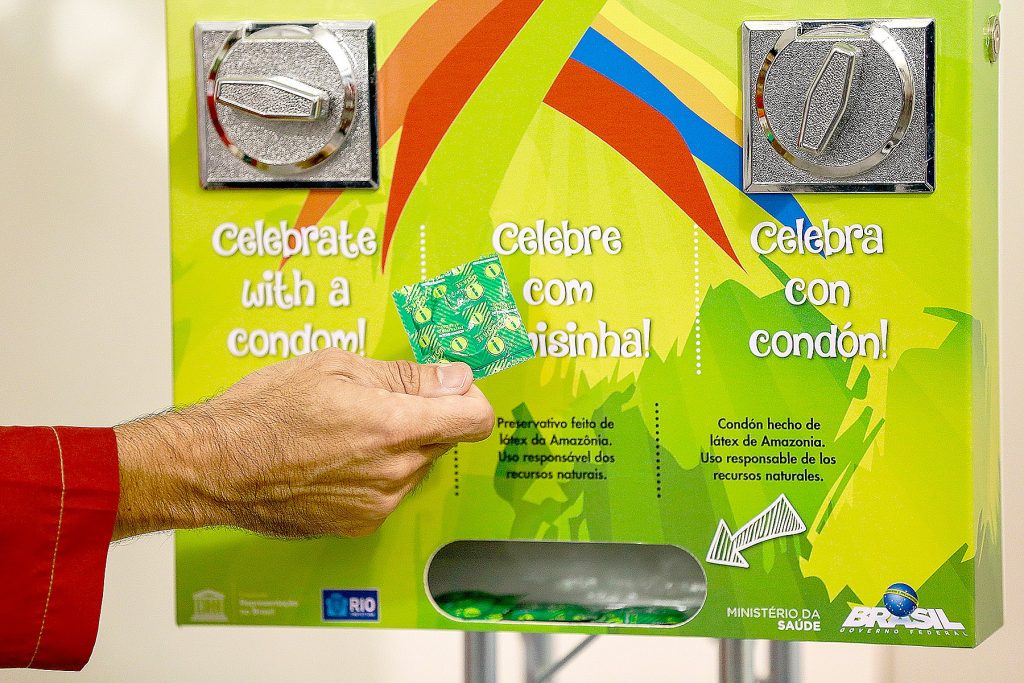
Image sourced from Us Weekly.
Now, with apps like Tinder, American snowboarder Jamie Anderson outlined that by setting the distance for match-making to just 1 kilometer in the app, you can match with almost all athletes in a Village.
While the standing minimum order of 100,000 condoms has been met with room to spare, this year, things are different thanks to the global COVID-19 pandemic. While the Japanese government and Olympic planning committee has already been receiving huge amounts of backlash because they decided to hold the Olympics despite rising numbers of cases in Japan and slow vaccine rollouts, following the announcement of the plan to distribute so many condoms, there has been even more backlash.
This is mainly because the decision to distribute condoms suggests that they contradict their own set guidelines. These include no hugs, sex, and even high-fives. Of course, these guidelines are to reduce the chance of COVID-19 outbreaks at the games or back in the Village.

Thus, it is quite self explanatory why people would be upset about 160,000 condoms being distributed to a group of people who are restricted from having sex.
Japan does seem to have an explanation as the condoms are supposedly being distributed so that athletes can “bring them back to their home countries to use them there” and not in Japan in the Olympic Village.
The backlash doesn’t end there however, as due to this year’s bubble-style Olympic Village that won’t allow athletes to leave the Village, there will be alcohol permitted inside the Village. This understandably upset many people as they wonder how this will help 11,000 athletes from using 160,000 condoms from engaging in prohibited sex. On top of this, many bars and nightclubs in Japan are closed or do not serve alcohol at the moment.
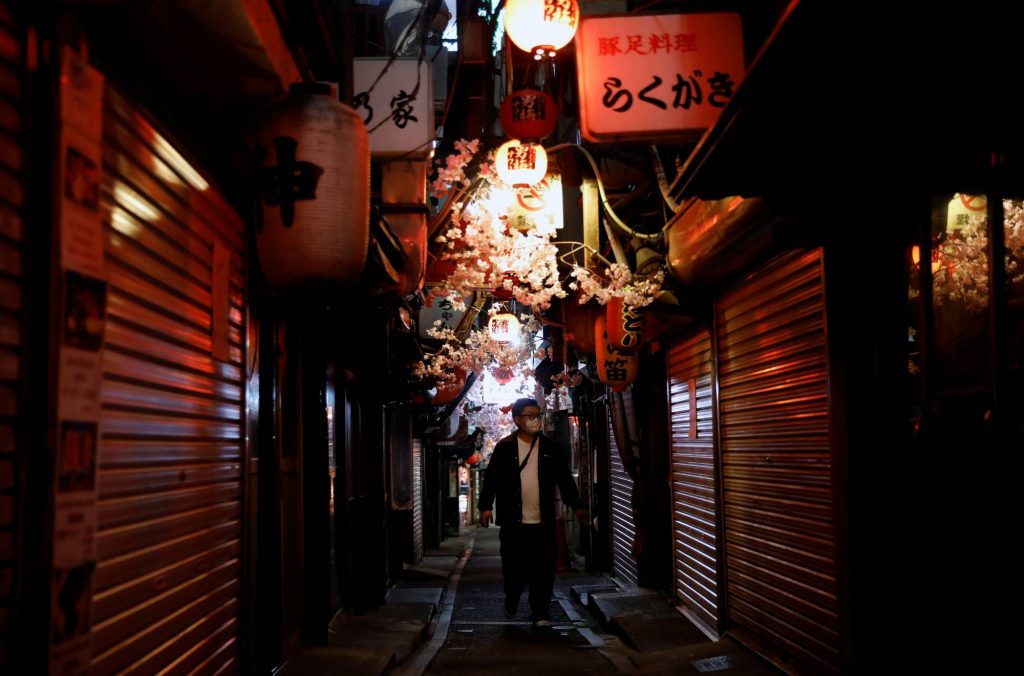
Image sourced from The Japan Times.
Many Japanese people have expressed their opinions on the contradictory decisions on social media. Twitter user Himika outlined how she feels that the decision to allow alcohol into the Village is inconceivable as many bars and restaurants in Japan have been banned from serving alcohol resulting in great income losses.
Danshiro on Twitter said that the bars and restaurants banned from serving alcohol would change their names to “Olympic Village,” as the government will likely allow serving alcohol for whatever businesses that have a keyword “Olympic” in their names.
Regardless of how the athletes behave in the Village, we are all hoping for an exciting and COVID-free Olympic Games to help take our minds off of the current state of the world. Watching the Olympics should make staying at home a little easier!
Sources:
https://news.yahoo.co.jp/articles/487597a7c6b379a1f9b9ecc65ee71c5c7e65736a
https://news.yahoo.co.jp/articles/9972dbb7904478f4fe7f8f4dc2c32acd1e4d3634?page=1
Related Articles
AI Girlfriends: Exploring the World of Virtual Companions
AI-generated girlfriends are growing popular on Japanese Twitter. Learn more about what they can do, and what it could mean for the future.
Discover Japan’s Top 10 Must-Visit Places
From stunning landscapes to bustling cities, Japan offers many unforgettable experiences. Here are Japan’s top 10 best places to visit!

